Featured
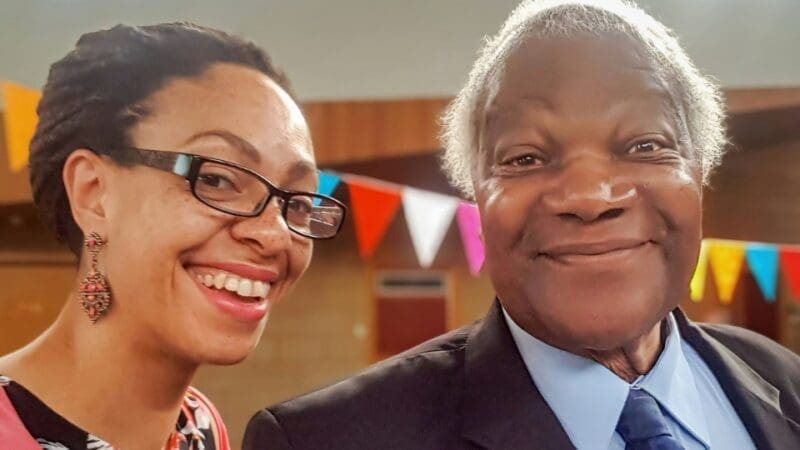
“I write poetry to express my feelings and honour Dad”
Serena shares how writing poetry has helped her to process her feelings since her dad’s dementia diagnosis. She now shares...
Read personal stories from people living with a diagnosis, their family members and friends – as well as our dementia specialist Admiral Nurses.
Featured

Serena shares how writing poetry has helped her to process her feelings since her dad’s dementia diagnosis. She now shares...
Featured
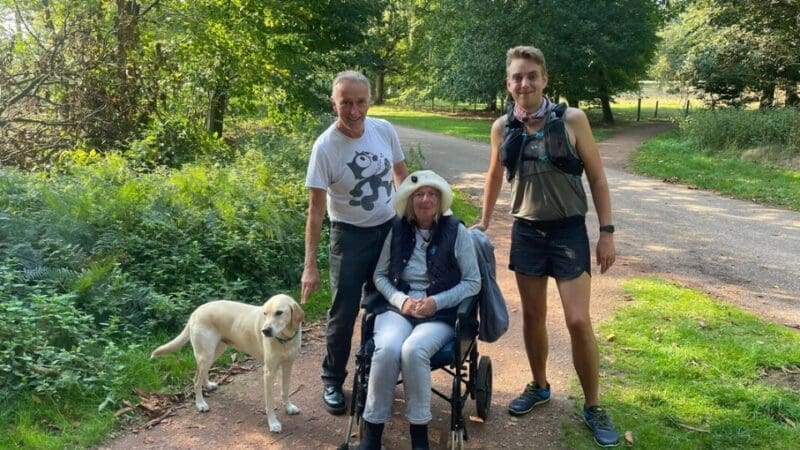
George shares his experience of being thrust into the role of a young carer, and the emotional journey that has...
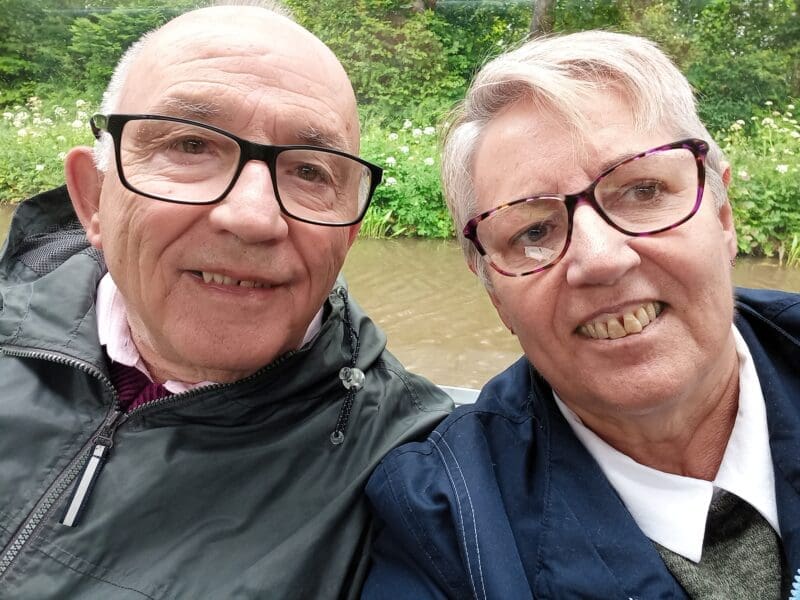
Jane shares her experience of attending a Nationwide dementia clinic and the lasting positive impact it has had on her...
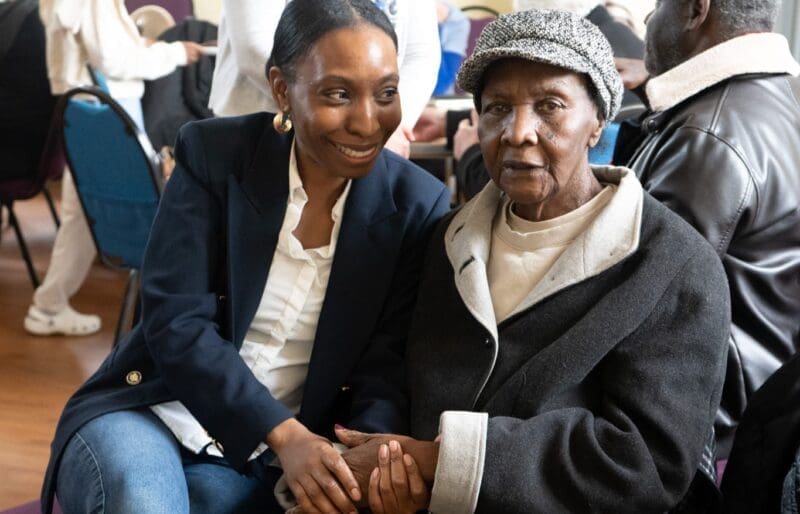
When Michaela’s grandmother, Vanda, was diagnosed with vascular dementia, she dedicated herself to creating a place where dementia wasn’t a...
Featured
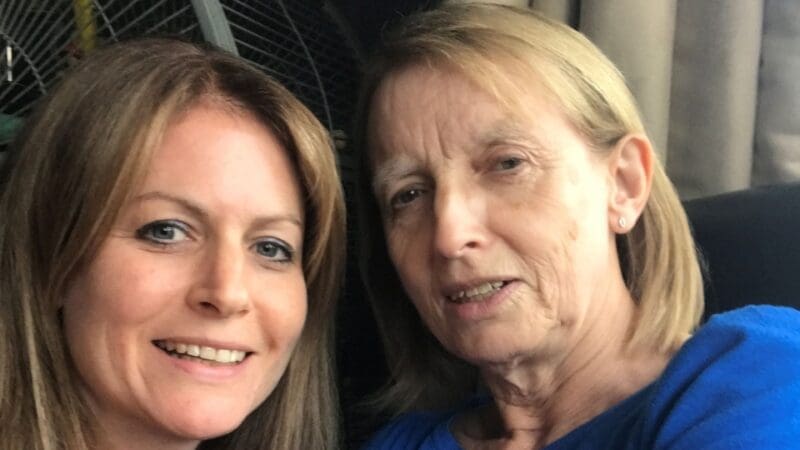
As a palliative care nurse, Jenny reflects on the importance of empathy during end of life care and how her...

When Rosie’s mum, Dawnie, was diagnosed with young onset Alzheimer’s disease, her employer ensured caring responsibilities were fully supported.

Phil highlights the difference it makes when someone living with dementia receives appropriate support in the workplace. He urges employers...

Glenn shares how flexible working arrangements and support from his managers enables him to continue working whilst prioritising his wife...
Featured

Will shares how his mum's diagnosis impacted the family and highlights the importance of advocating for young carers.
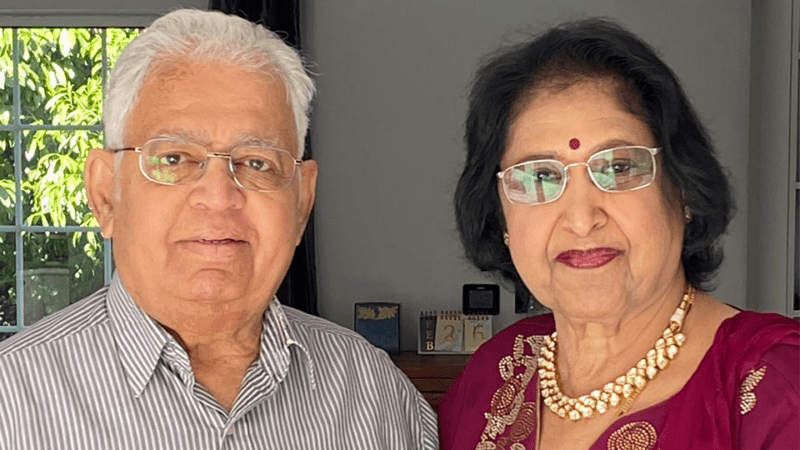
Pratibha shares her experience of caring for her late husband, Narayan Gopala, who lived with vascular dementia and died in...
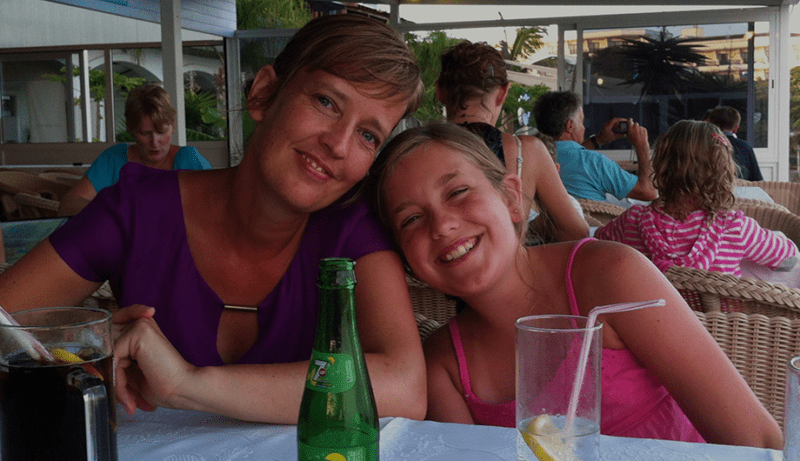
Chloe shares her experience of being a young carer for her Mum, who was diagnosed with frontotemporal dementia at 47,...
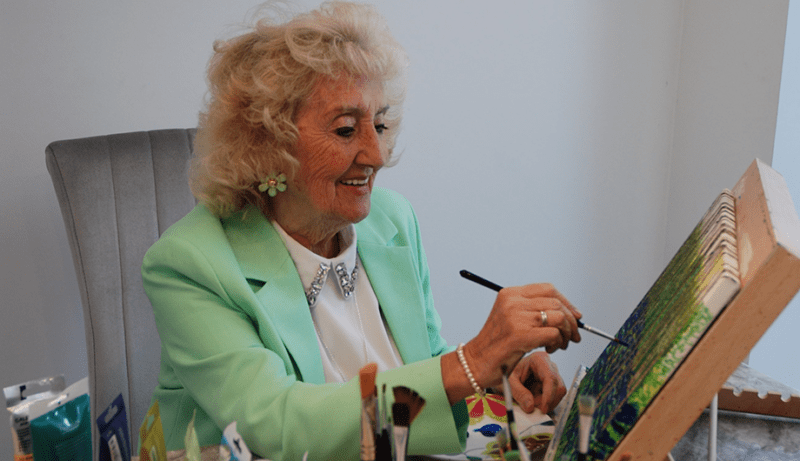
Since being diagnosed with Alzheimer’s disease in 2019, Sylvia has found a new purpose in expressing her feelings through painting.

Lizzie talks about the guilt she felt caring from a distance for her dad, Rob, who was diagnosed with frontotemporal...
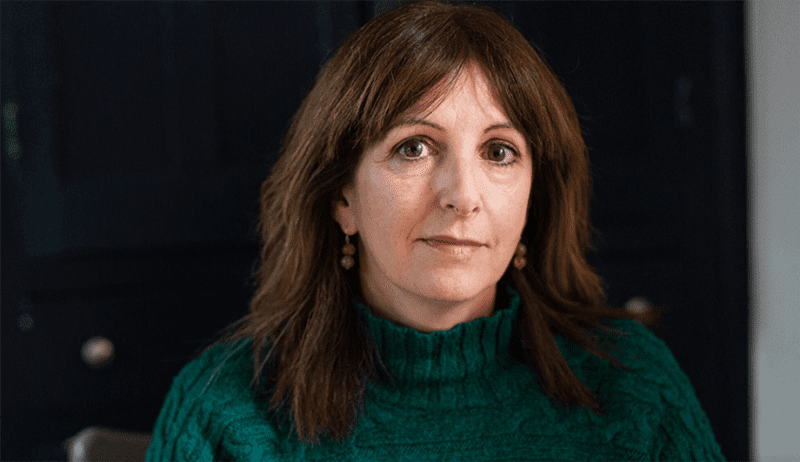
Penny talks about the guilt she has felt surrounding her mum's move into residential care.